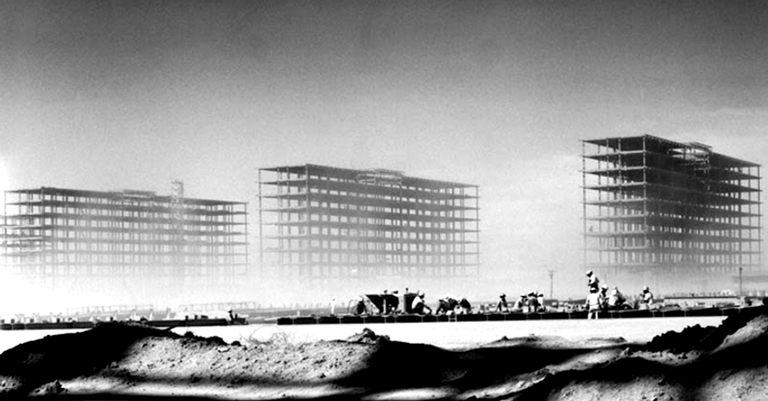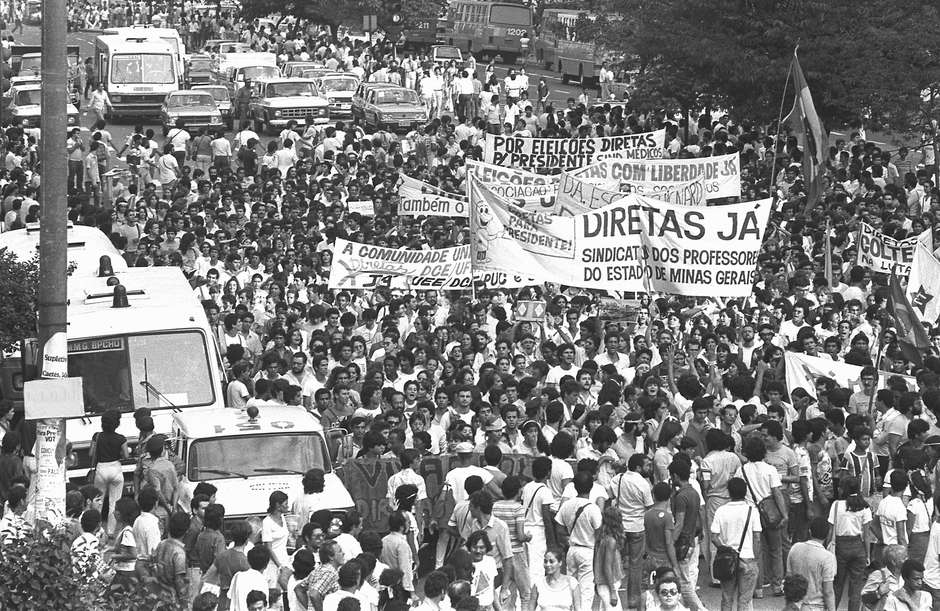A Simple Man of Simple Dreams
PilotDisclaimer:
In the last few days I've been bored to be managing the same team over the same championships over and over again. I've been having the idea for this story for quite a while now, and I think that if I can interchange this story with the Gimnasia's story, I can avoid it getting dull for me. And, if it gets dull for me, I'm afraid it will get dull for you guys as well.
So, no, the Gimnasia story won't stop. There is still plenty of stories to tell and we will reach Estudiantes. But I want to do something different from times to times.
In this story, I'll focus on the development of the character. There will be moments when FM will be secondary on the story, and in others, FM will only be an instrument for the story.
If the Gimnasia story is focused entirely on a club, here I won't attach my character to anything. He will be jumping from spot to spot, looking for what's best for his career and his story.
You know those days when you wake up, look at everything you own, and then feel glad about everything that you have accomplished?
Me neither.
I mean, I’m not a sad man. I have a wife, I have my children, I have a job and not a bad one. But when I compare everything that I achieved at the age of 50 with the things I dreamt of achieving by now, my life turns out to be a lot different.
I’d maybe never think about it weren’t for my father. Whenever I think about how I had dreams when I was younger, I remember him speak:
- Dreams are useless, son. They are not meant for people like us.
The young me chose to disagree. I was a dreamer, and my father’s opinion could not stop me.
I grew up in Brasília, and life was not bad. My father made a lot of money working in the construction of the city, established in 1960 to be the brand new capital of Brazil, so he could provide the family conditions that he could never have for himself.
 The construction of the Explanada dos Ministérios, Brasília. Ph: Marcel Gautherot
The construction of the Explanada dos Ministérios, Brasília. Ph: Marcel GautherotThe government put up a lot of efforts to bring workers to the new capital. Established in the Central Plains, in the heartland of the country, Brasília rose in a region that remains not much populated to this day, so the government of Juscelino Kubitchek brought people from all over the country. My father grew up in poverty, in the outskirts of São Luís, in the state of Maranhão, and found in the construction of the new capital an opportunity to give his family better conditions.
And he succeeded, to a certain extent.
Back to the life growing up, my first dream was to be a football player. Well, that’s the ultimate dream of any kid really, to be a great footballer and to one day wear the yellow shirt so admired in the year of 1970, the year I was born. I'd come back from school and go right to the streets, where I'd meet my friends and we would kick around a ball made of a pack of old socks folded together in a round shape. We would play until our mothers would show up with their sandals on their hands, ordering everyone to get back home for dinner.

Ph: PRAIA GRANDE, BRAZIL - 2014, JUNE 17: Kids playing ball on the streets. (Photo by Victor Moriyama/Getty Images)
This dream never came to become a thing, really. I was not among the most talented kids in my school, and when school was over, I had to find a job.
I started working at Mr. Armando’s bakery when I was 17. I had a lot of functions in there: I had to receive the shipments, sign the invoice, carry the bags of flour to the kitchen, and finally, bake the bread. The young me used to admire Mr. Armando. I used to look up to him as an example of entrepreneurship, and I dreamt of one day, having my own business.
After telling Mr. Armando to fuck off – I'll develop about this story later, but, long story short, I got tired of being underpaid to work like a horse – I felt I could get into the university. It was only fair to take the test and have a real life dream, right?
With a real-life dream, I carried on and took the test to join the Federal University in Uberlândia, in the state of Minas Gerais, in 1988. I graduated in 1992. And well, my dream was to find a job and provide to my family.
After I graduated, this has been my life. Working as principal in a public school in Sinop, a city that brought me a lot of bitterness, but sometimes they remember to pay my salary, and I try to live with it.
But some months from now I’m becoming 50, and I’m sick and tired of the life I’ve been having. Don’t take me wrong, life is not bad, but since the divorce I feel absolutely no need to keep living a mediocre life.


 Draft of the Pilot Plan, the core of Brasília. Ph: Relatório do Plano Piloto de Brasília, 1957.
Draft of the Pilot Plan, the core of Brasília. Ph: Relatório do Plano Piloto de Brasília, 1957.
 Assassinations, torture, restrictions to political rights and unjustified arrests were the M.O. of the dictatorships in Latin America. Ph: Wikimedia Commons
Assassinations, torture, restrictions to political rights and unjustified arrests were the M.O. of the dictatorships in Latin America. Ph: Wikimedia Commons Hundreds of thousands of people protesting for the right to vote in 1984. Ph: Marcelo Prates
Hundreds of thousands of people protesting for the right to vote in 1984. Ph: Marcelo Prates
 Floods in Brazilian cities remain a huge summer problem. Ph: SóNotícias
Floods in Brazilian cities remain a huge summer problem. Ph: SóNotícias


